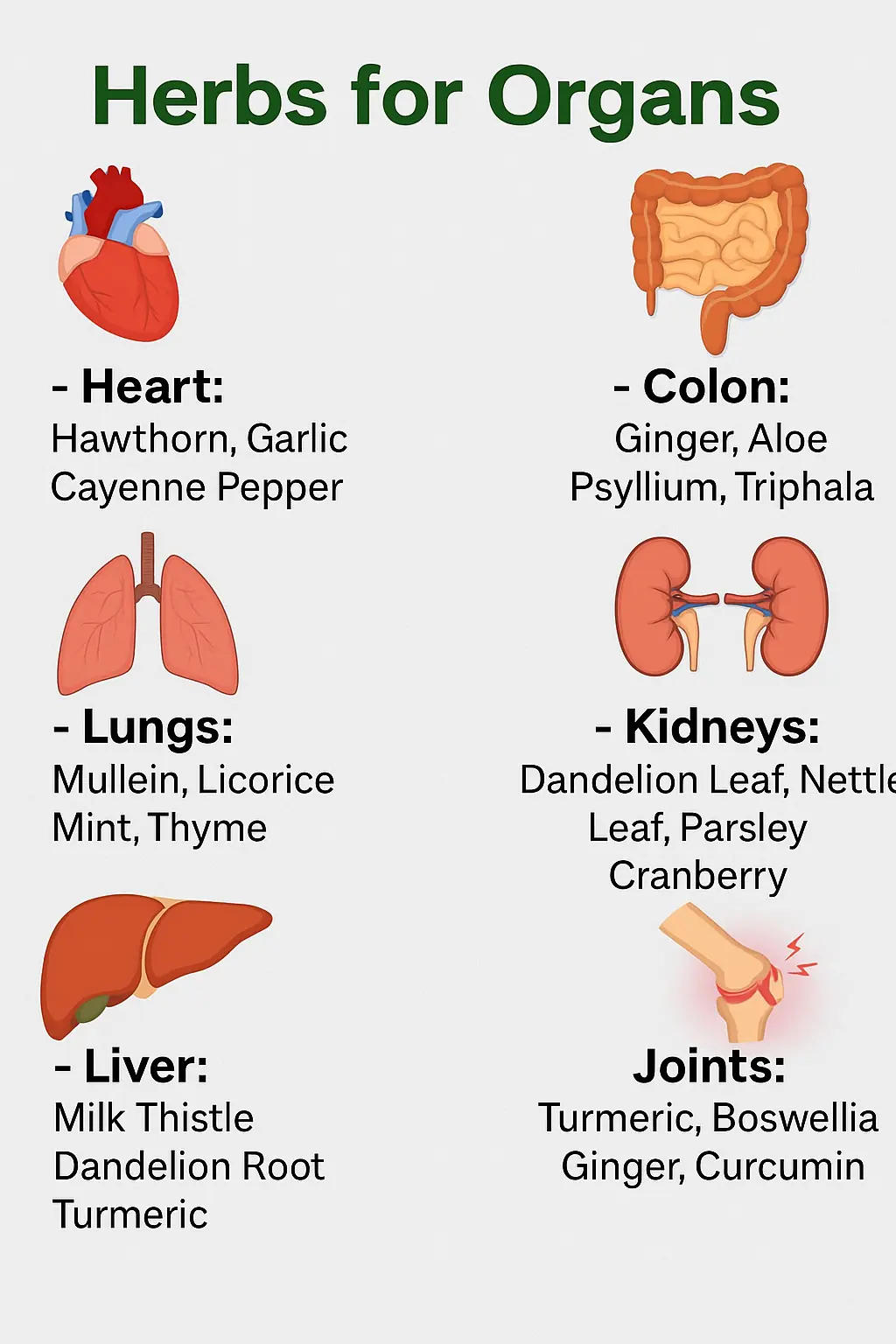
How to Identify Benign and Malignant Lymph Nodes
Swollen lymph nodes in the neck are a common concern. Most of the time, they’re caused by simple infections and go away on their own. But in some cases, swollen nodes may signal something more serious, such as autoimmune disease or even cancer. Knowing the difference can help you decide when to relax and when to see a doctor.
1. What Are Lymph Nodes and Why Do They Swell?
Lymph nodes are small, bean-shaped glands that are part of your immune system. They filter harmful substances and produce white blood cells that fight infection.
Common Reasons for Swelling:
-
Infections (viral, bacterial, or fungal)
-
Autoimmune disorders (e.g., lupus, rheumatoid arthritis)
-
Cancers (lymphoma, metastasis from other cancers)
Normal vs. Abnormal Swelling:
-
Benign (harmless): Small, soft, tender, and moveable nodes, often linked to infections.
-
Potentially Malignant: Hard, painless, fixed in place, or growing nodes that persist for weeks.
2. Infections – The Most Common Cause
Swollen lymph nodes usually appear during:
-
Colds, flu, or throat infections
-
Ear or sinus infections
-
Dental problems like abscesses or gum disease
-
Mononucleosis (Epstein-Barr virus)
-
Tuberculosis or chronic infections
Treatment: Rest, stay hydrated, use warm compresses, and take over-the-counter pain relievers. Antibiotics may be needed for bacterial causes.
3. Autoimmune Disorders
Sometimes the immune system mistakenly attacks healthy tissues, leading to long-term inflammation and lymph node swelling.
Examples:
-
Lupus: Affects many organs, causes persistent inflammation.
-
Rheumatoid arthritis: Primarily affects joints, but can also enlarge nodes.
Treatment: Anti-inflammatory medication, regular monitoring, and guidance from a rheumatologist.
4. Cancer – Rare but Serious
While uncommon, swollen lymph nodes can be an early warning sign of cancer.
Warning Signs of Cancerous Nodes:
-
Painless swelling lasting more than 2–4 weeks
-
Hard, immobile, or progressively enlarging nodes
-
Associated symptoms: night sweats, unexplained weight loss, chronic fatigue
See a Doctor If:
-
Swelling persists beyond 3–4 weeks
-
Multiple swollen nodes appear in different areas
-
Swelling is linked to breathing or swallowing difficulties
5. When Should You Worry?
Seek medical care immediately if you notice:
-
Lumps that are hard, fixed, or growing quickly
-
Swollen nodes lasting more than 4 weeks
-
Severe pain, redness, or warmth (possible abscess)
-
Fever, weight loss, or night sweats
-
Trouble swallowing or breathing
6. Home Remedies for Mild Swelling
If your swollen nodes are caused by a minor infection, try:
-
Rest & hydration – Supports your immune system
-
Warm compresses – Reduce discomfort
-
Saltwater gargles – Soothe throat-related swelling
-
Pain relievers – Ibuprofen or acetaminophen
-
Avoid irritants – Cut down smoking, alcohol, and processed foods
Final Thoughts
Most swollen lymph nodes are benign and related to infections. But if the swelling is hard, painless, persistent, or accompanied by other symptoms, seek medical advice promptly.
Key Takeaways:
-
Most cases resolve without treatment.
-
Persistent, growing, or painless swelling needs medical evaluation.
-
Watch for “red flag” symptoms like weight loss, night sweats, or difficulty breathing.
👉 If in doubt, don’t ignore it — see your doctor.
News in the same category


Research Suggests Your Body Knows When Death Is Near — And It Begins With the Nose

8 Surprisingly Easy Ways to Prevent Cavities

Mouth Cancer: Symptoms, Causes, Stages, and Treatment
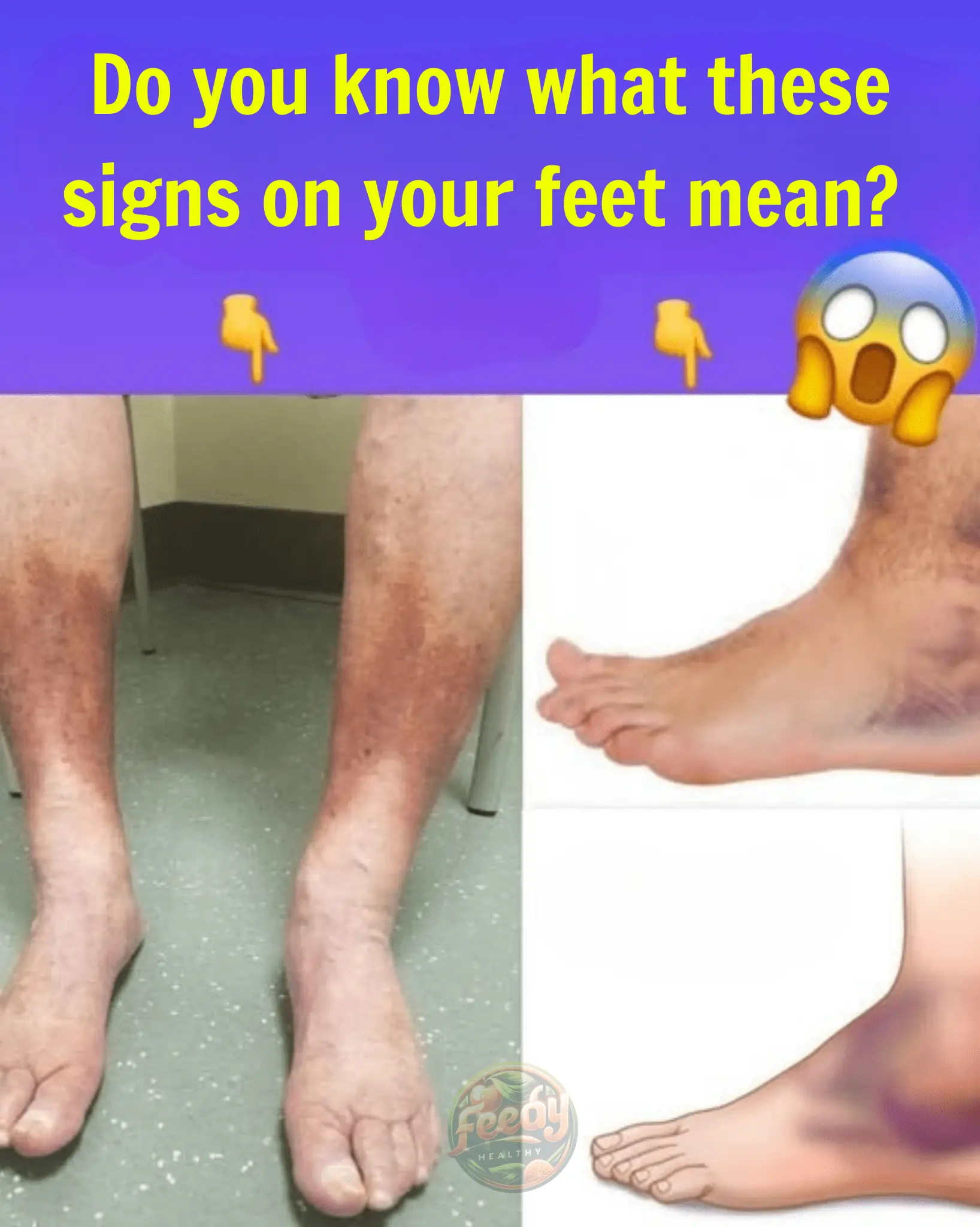
Do You Know What These Signs on Your Feet Mean?

2 Cloves a Day Trigger Irreversible Changes in Your Body — Especially After 40

What Really Happens When You Drink Cold Water Right After a Meal?

A 5-Year-Old Girl Diagnosed With Late-Stage Cancer After Repeatedly Eating One Breakfast Food

6 Foot Symptoms That May Warn of a Heart Attack Weeks in Advance

Exercise: A Powerful Ally Against Cancer and Early Death

Breakthrough Cancer Vaccine Shows Remarkable Promise in Clinical Trials
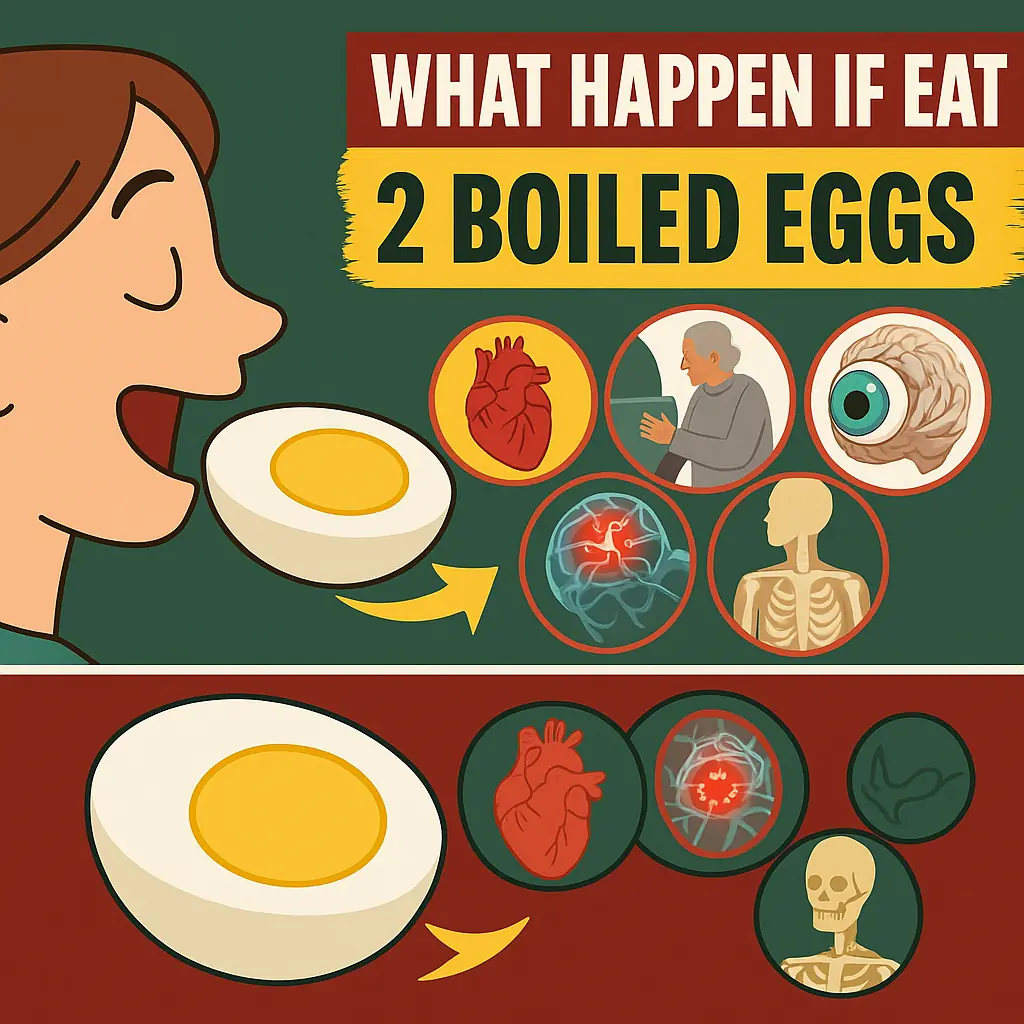
The Power of Two Boiled Eggs: Health Benefits for Your Body

Why Gel Nail Polish Is Banned In Europe Starting Today – But Not In US

🍎 Apple Cider Vinegar Foot Soak: Benefits, Risks & What Science Says

Beets and Kidney Health: A Natural Tip for Later Years

11 Signs Your Body Is Giving You Important Alerts

A Boy’s Hand Shows Strange Signs After Playing in the Sand
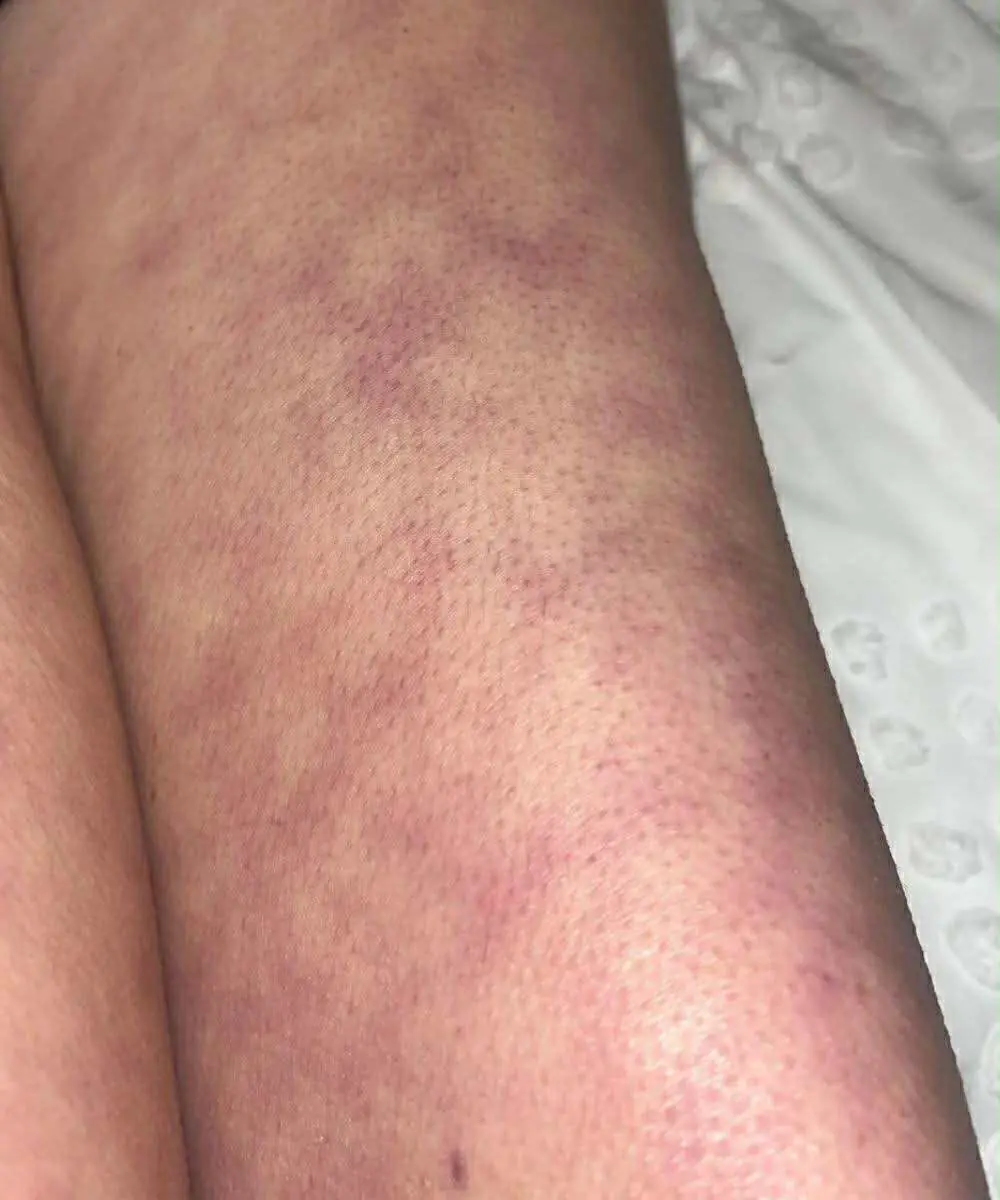
What those strange skin patterns might really mean
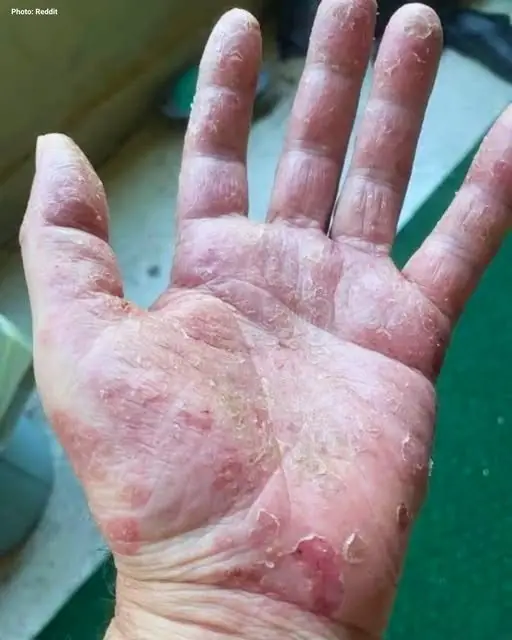
What is Hand Dermatitis?
News Post
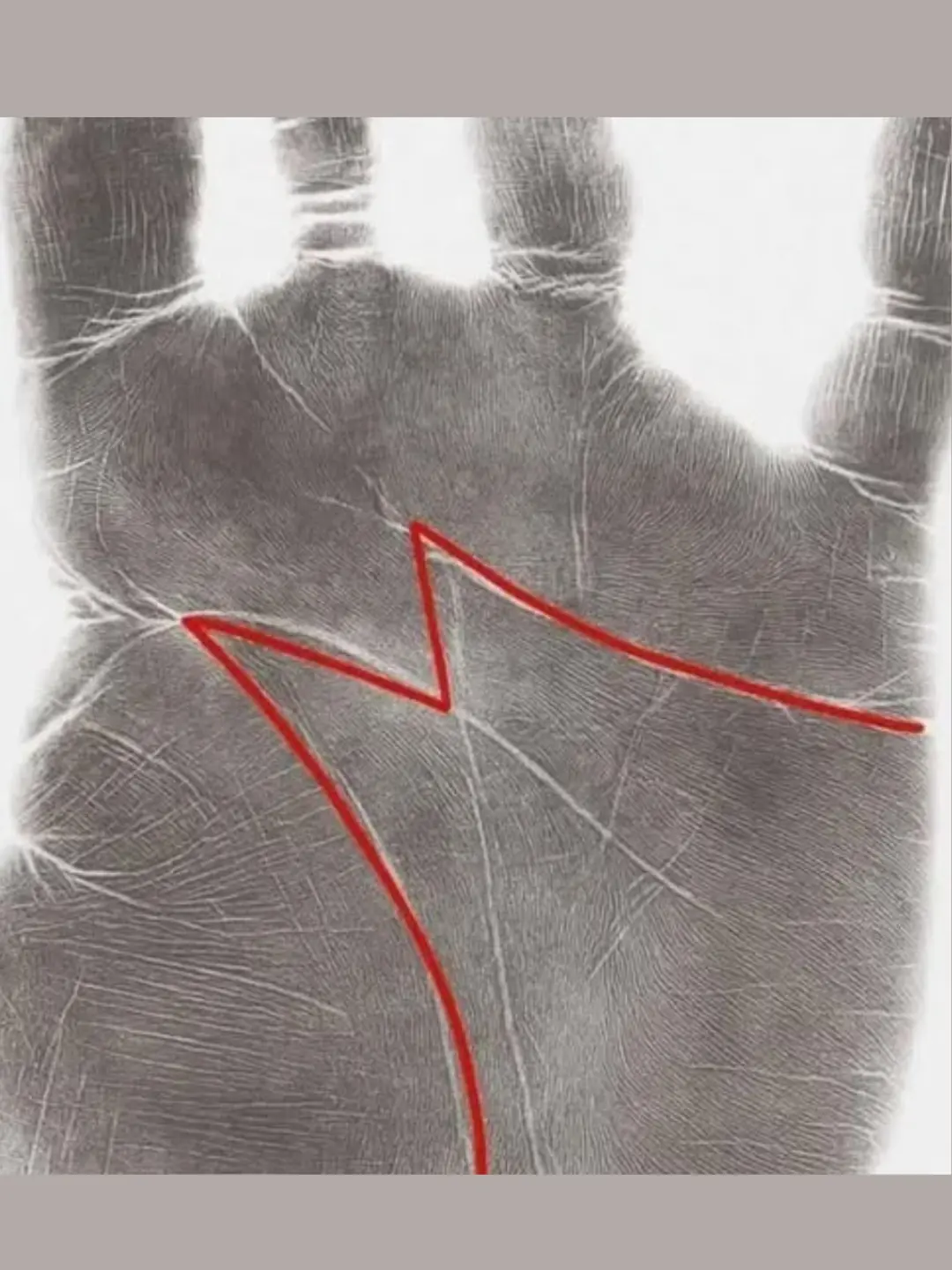
The Hidden Meaning of the “M” on Your Palm 🤲✨

10 Innocent-Looking Household Items That Can Cause Cancer (Backed by Science)

Eunice Foote: The Forgotten Scientist Who Predicted Climate Change in 1856

Research Suggests Your Body Knows When Death Is Near — And It Begins With the Nose

The drink that eliminates diabetes, fatty liver, poor circulation, and cancer without the need for expensive pills 👇

The drink that eliminates diabetes, fatty liver, poor circulation, and cancer without the need for expensive pills

Charlie Kirk shooting: Officials release video, plead for help in tracking down person of interest

California's Clean Air Vehicle Decal Program to End This Month

Family mourns 3-year-old boy hit and killed after running into street in Long Beach

Did Charlie Kirk start asking the wrong questions?

8 Surprisingly Easy Ways to Prevent Cavities

Take a spoonful of olive oil with lemon every day on an empty stomach.

Unlock the Secret to Glossy, Vibrant Hair with Cloves and One Simple Trick!

Nature’s Ultimate Detox Secret: Cucumber, Lemon, Celery, and Turmeric for a Healthier You!

Unlock Radiant Skin: The Colgate and Lemon Glow Secret You NEED to Know!
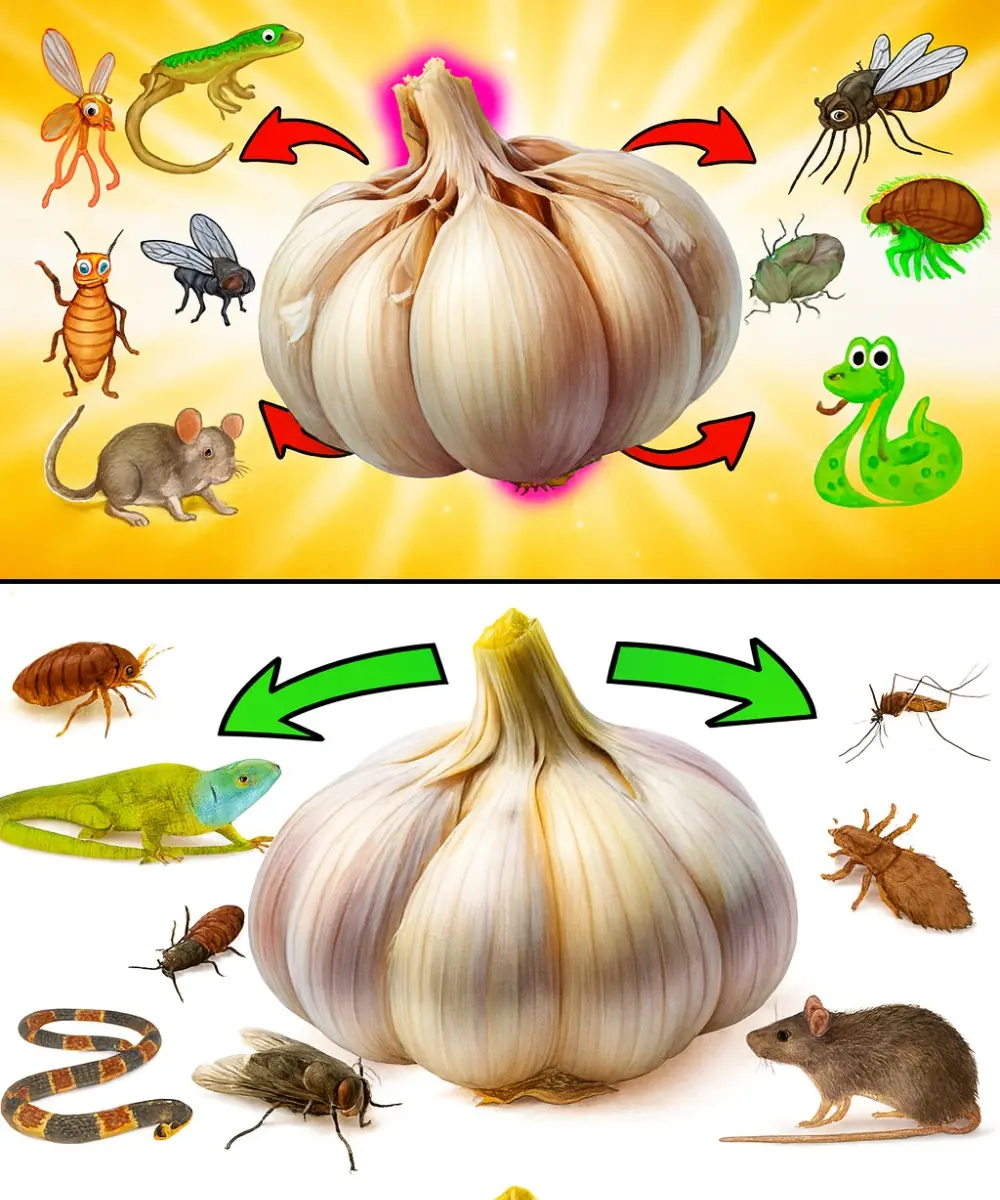
Garlic: Your All-Natural Weapon Against Pests

The Hidden Beauty Secret You’ll Wish You Knew Sooner: Banana Peel and Baby Oil!

“Powerful Natural Drink That Restored My Health at 63”
